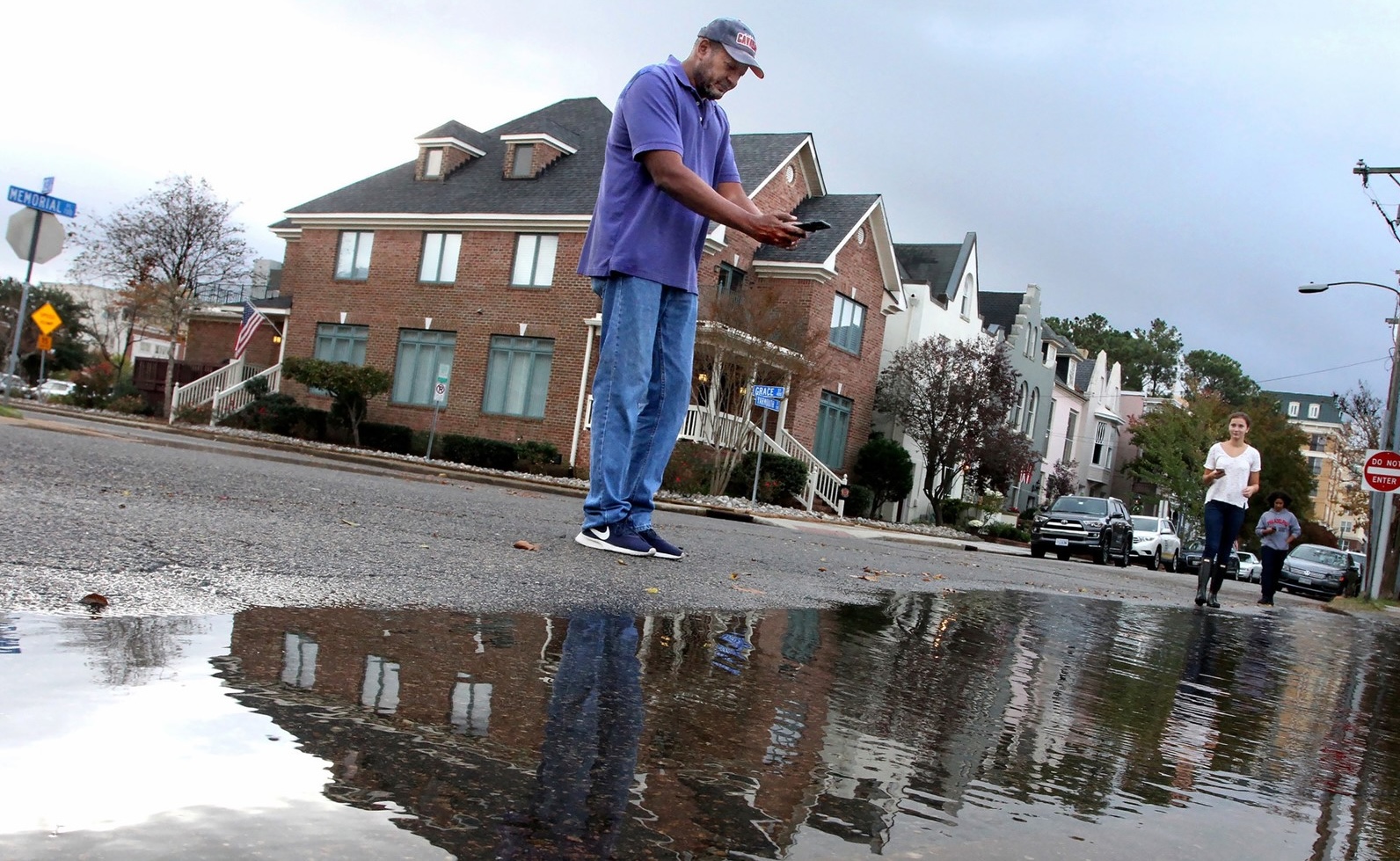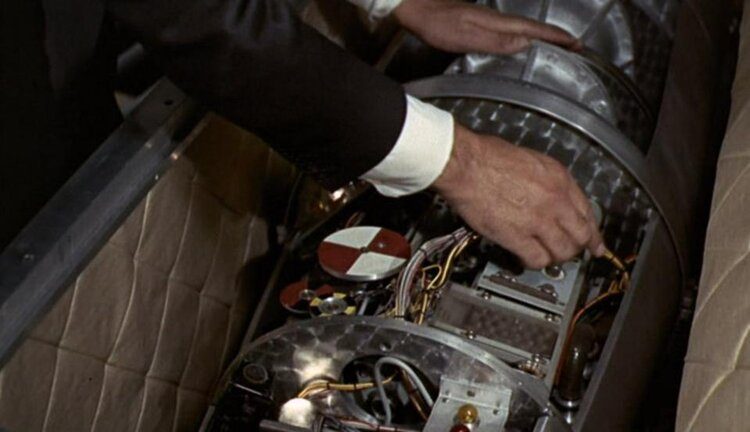
Garry Harris, Founder and Executive Director of the Center for Sustainable Communities, based in both Atlanta, GA, and Hampton Roads, VA, shares his journey from his early interest in the energy field to his career in nuclear engineering, and his mission to mentor black youths.
Whenever Garry Harris gets around to writing his autobiography, he already has the title: Living Life as a Fifth Grader. Harris says that’s when he stumbled on his career choice.
It was about 1968, and his family had just purchased a set of World Book Encyclopedias. Reaching for the “R” volume, he flipped through the pages, coming across an illustration highlighting the mechanics of radioactivity.
Garry was so excited, “I ripped the page out of the book, yes I did,” he laughs.
He decided to create a science project on nuclear particles. His father helped him with it.
“My father was an electrician in the shipyard where he had worked on nuclear naval vessels. He didn’t know anything about it and I didn’t know much either,” Garry recalls, “But he could paint, and craft and assemble things, so we went to the hardware store and got all the stuff I needed to make it work.” He won first place!
College, Career, and Conflict
Garry’s fascination with energy led him to the University of Virginia, where he pursued a major in nuclear engineering. “It was a unique degree opportunity because the school had a reactor,” he remembers. (The University of Virginia operated a nuclear reactor from 1960 to 1998).
“I was probably the second, third or fourth African American in the entire country to earn a nuclear engineering degree,” says Garry. “And it was hard. There were no mentors, no coaches, and nobody to help you through. They just gave you the money and said, ‘Hey, go to school!’”
After graduation, he worked for Westinghouse Electric Corporation, where he helped fix bugs that plagued many reactors.
He also became a Senior Reactor Operator instructor, a professional licensed by the Nuclear Regulatory Commission. Garry taught classes on nuclear physics and reactor theory – once more blazing a trail, as he did in college. “Again, I was the lone Negro – maybe the first or second in the country to do this,” he recalls.
When his then-wife’s career opportunity prompted a move to Atlanta, Garry found work with a nuclear industry watchdog group charged with monitoring commercial reactors, work he understood well. But he received few of the accolades he had enjoyed at Westinghouse.
He was one of a couple of blacks at the organization, a situation Garry had gotten used to. But he was shocked by an environment where elitism and cronyism ruled and the knowledge, skills, and credentials of Garry and his black colleagues were constantly questioned.
“I wouldn’t say I didn’t know anything about racism,” says Garry. “But an experience like this had never happened to me before. I never faced being excluded because of my race. I’d been at this [the energy field] since fifth grade. You start early, you get good at it. I was always welcomed because of what I knew. But now I’m in this ecosystem that thrives on being exclusionary.” Garry knew it was time to leave when he walked in on a black co-worker sobbing at his desk.
After another similar experience at a government agency, Garry decided he’d branch out on his own.
No “Woe is Me” Tale
Garry came to his new passion when he began to mentor a singles ministry at Ebenezer Baptist Church – the church where Dr. Martin Luther King Jr. preached – and decided to turn the group into a “creation care ministry.” Creation care embraces a faith-based perspective of caring for the environment.
Motivated by prayer and working in the church of Dr. King, Garry decided to take things a step further. “I took the community piece that I learned from my fraternity days at UVA and the energy, sustainability, faith, creation care and advocacy pieces and made it into a non-profit,” says Garry.
The Center for Sustainable Communities is on a mission to make communities greener, cleaner, and safer through an equity and environmental justice lens.
The Center’s “Energy for All – ECOHouse” is redesigning the home built by his father to have minimal impact on the environment. The Center also helps residents reduce their energy use through outreach and education, appliance change-out programs, advancing heat pumps and retrofitting initiatives, community-scale solar, conducting healthy-home assessments, building a clean-energy workforce, and supporting clean-energy and energy-efficiency research.
Garry credits the success of his organization with “being in the right place at the right time” to take advantage of initiatives like President Biden’s Justice 40 and President Obama’s Infrastructure Recovery Act in 2009, which included measures to modernize the nation’s energy and communication infrastructure and enhance energy independence.
He also credits A2. “I joined A2 because at least someone would be willing to listen and have the courage to act,” he says about joining the nation’s largest coalition of frontline communities fighting for environmental protection. “A lot of these big organizations take money from utilities, which inhibits their ability to push back and stand for justice, to react on behalf of the community.”
Garry has created the Sustainability Solutions Group and Institute where he is already building legacy projects and institutions for clean energy research, workforce, housing and community development, addressing health disparities, pollution mitigation, global sustainable development, climate advocacy, and most importantly, mentoring young black people and youth into the energy industry.
“That’s why I’m sharing my story and my purpose,” he says. “I want to tell a story about early beginnings, courage, perseverance and seeing it through.”
“I look on the horizon and I don’t see our young people there,” he says. His solution: “We have to start early – like in the fifth grade – and get our youth engaged in these fields. For example, we have worked with thousands of youths in the past through STEM [science, technology, engineering and math] education initiatives such as our SMART Academy, Just Science Scholars, and Inspire and Empower for Girls and Women.” He’d also like to provide coping mechanisms to help young people deal with institutionalized racism. “We need to provide them with strategies so that they have the best chance possible to succeed.”

